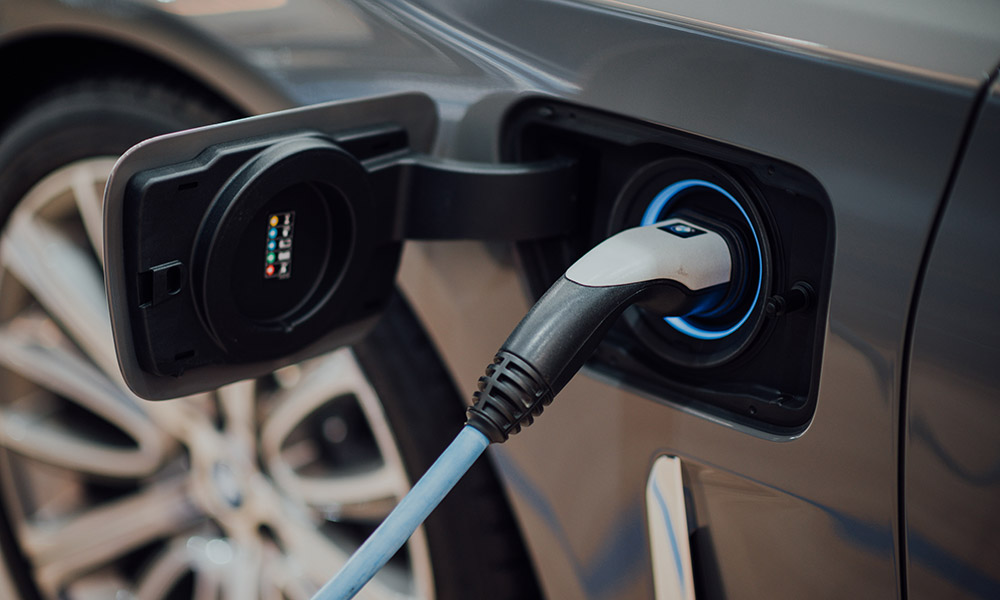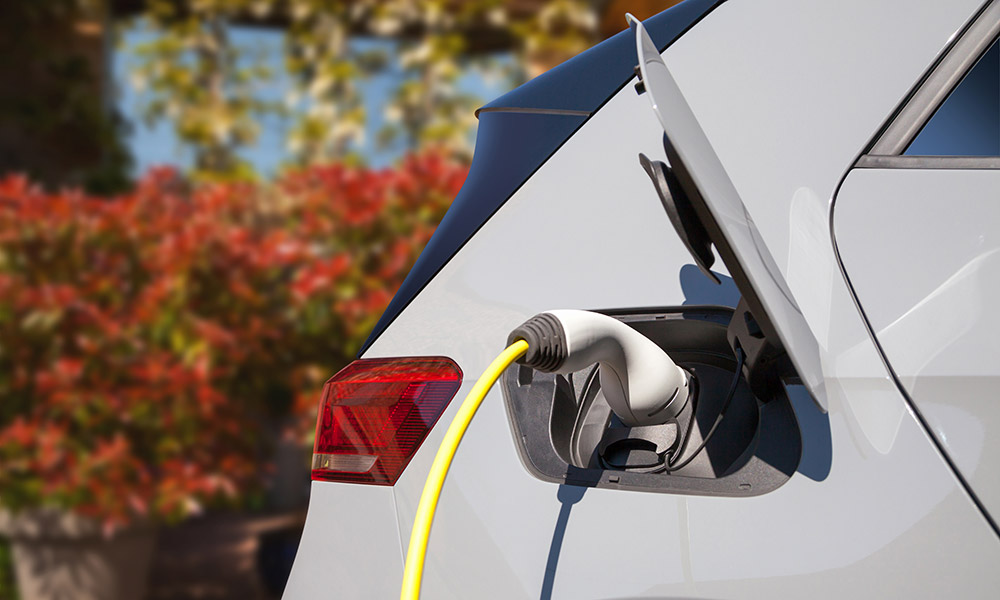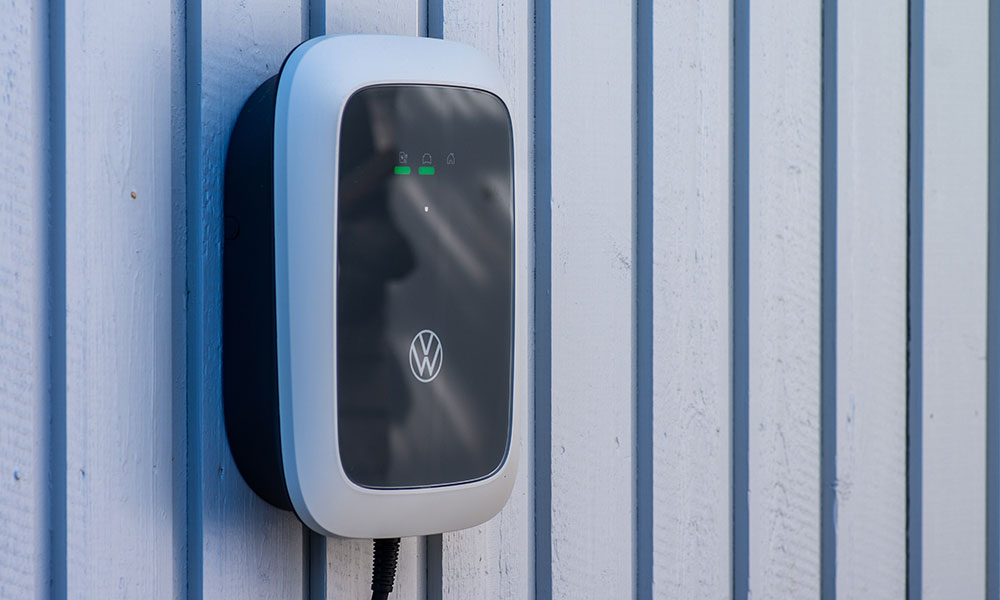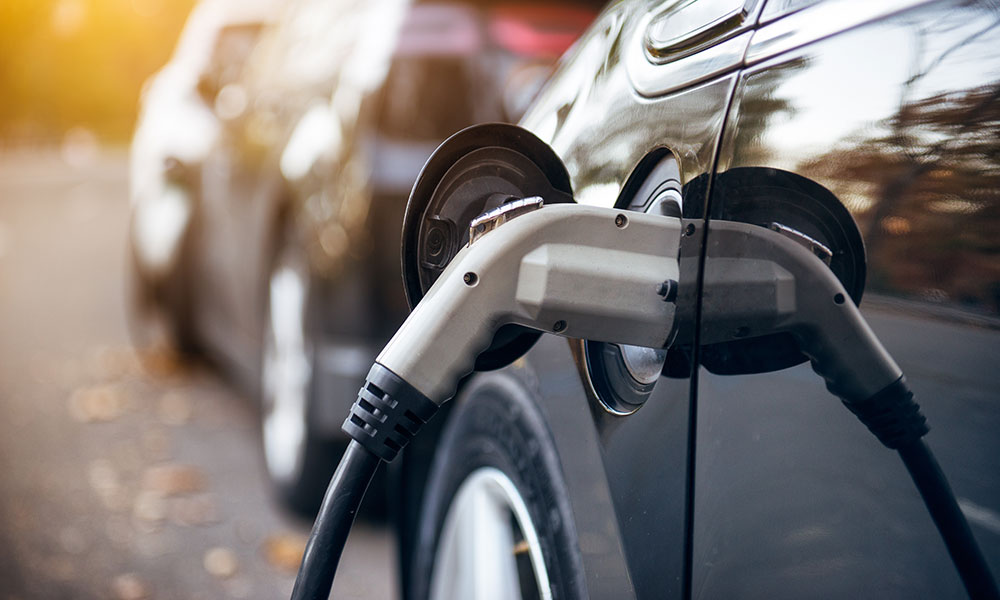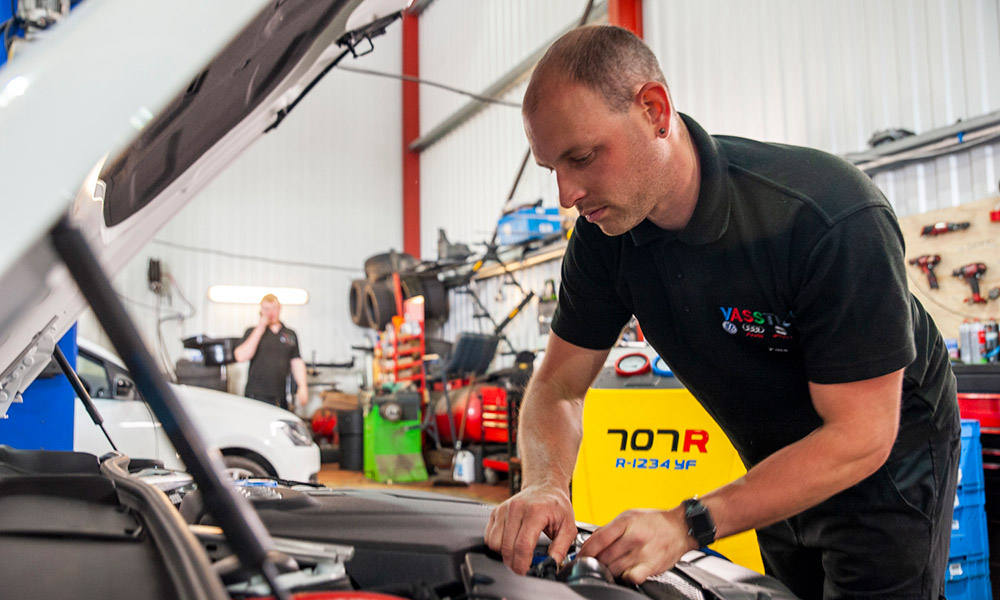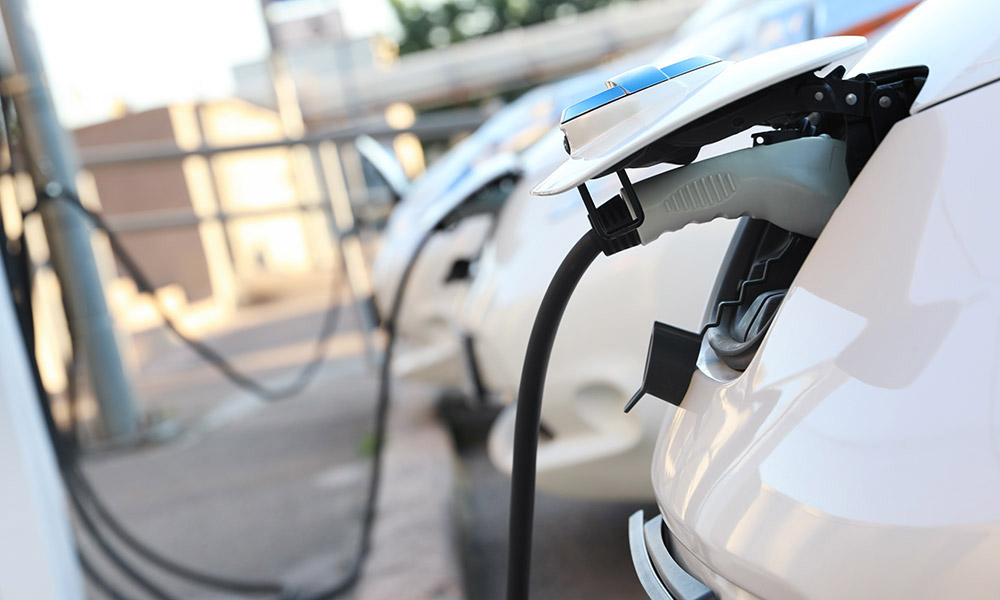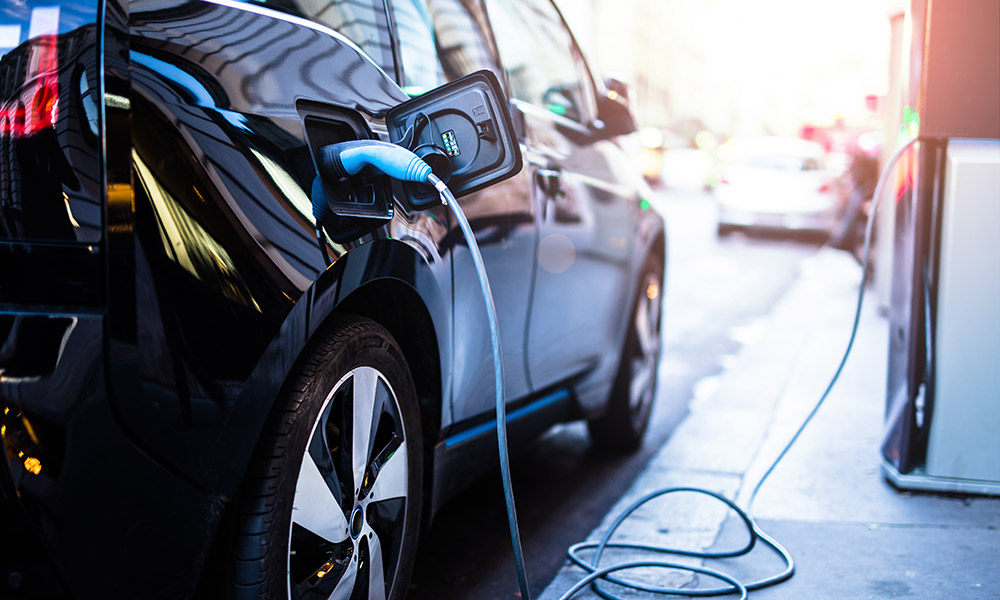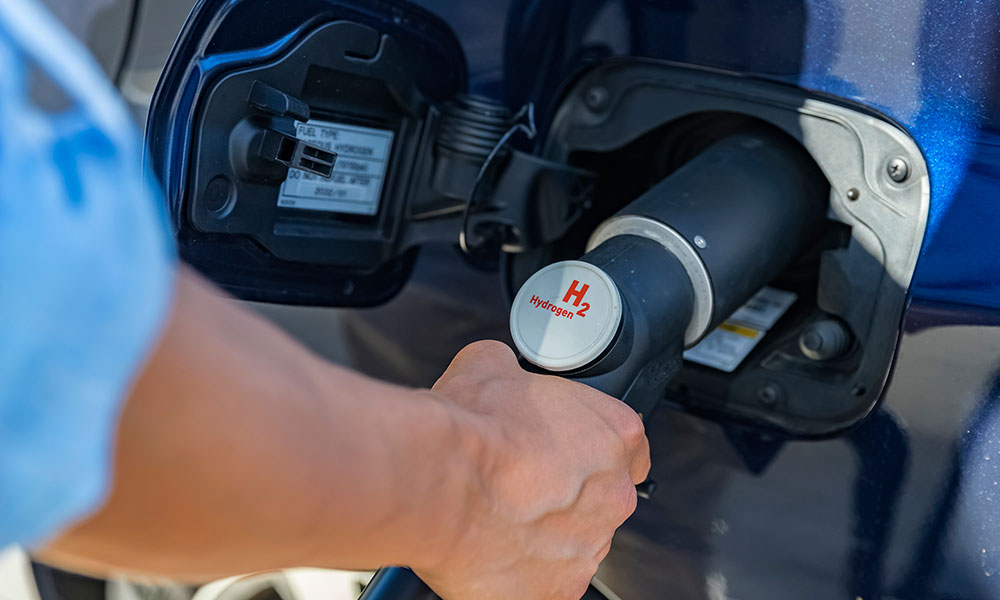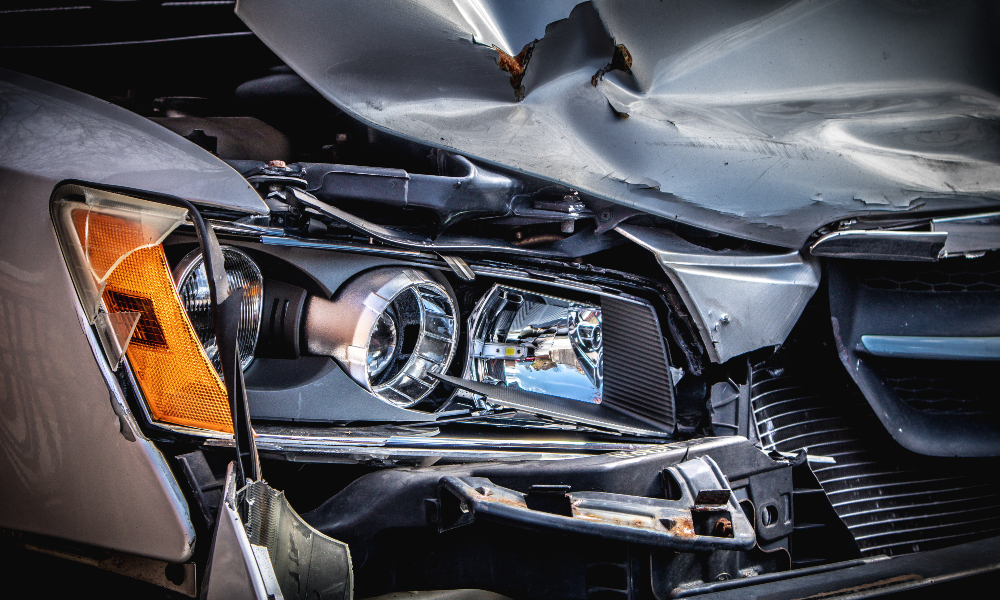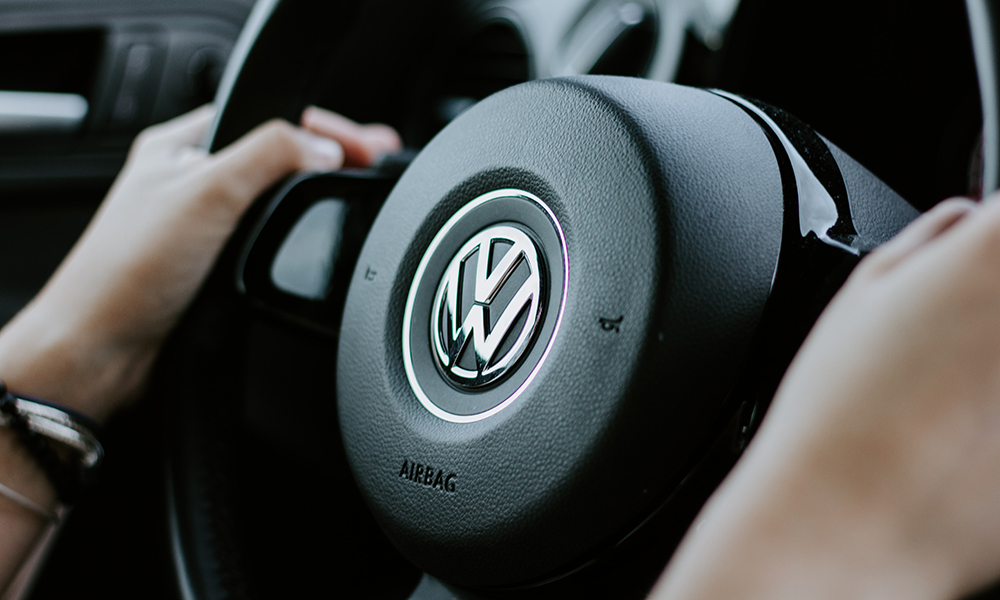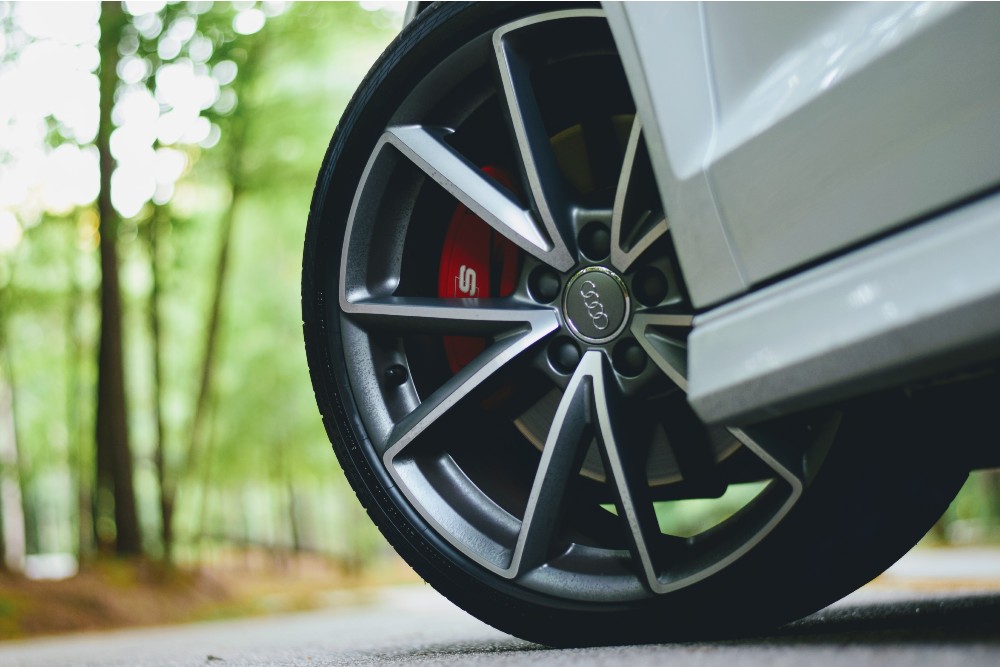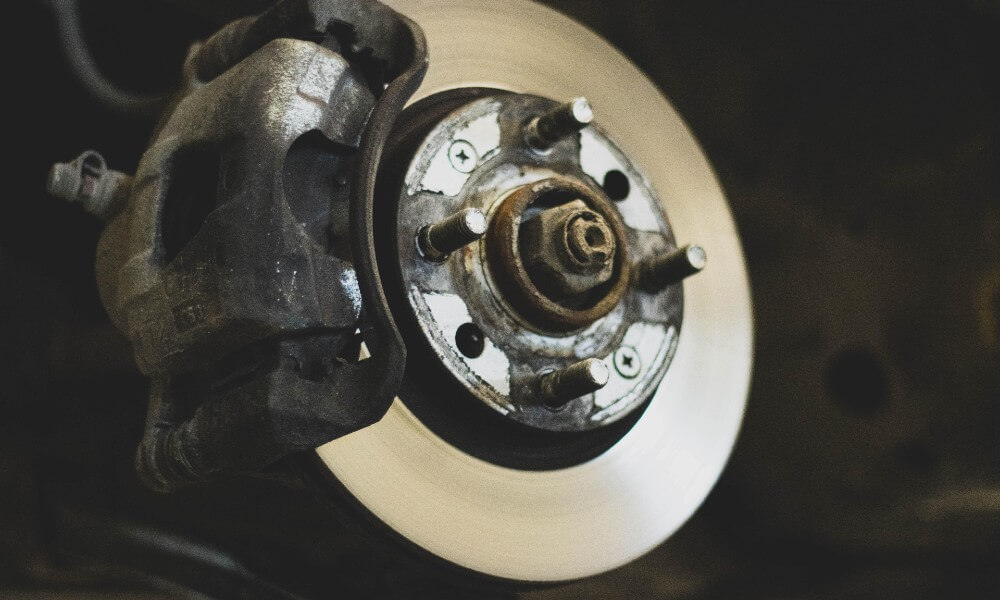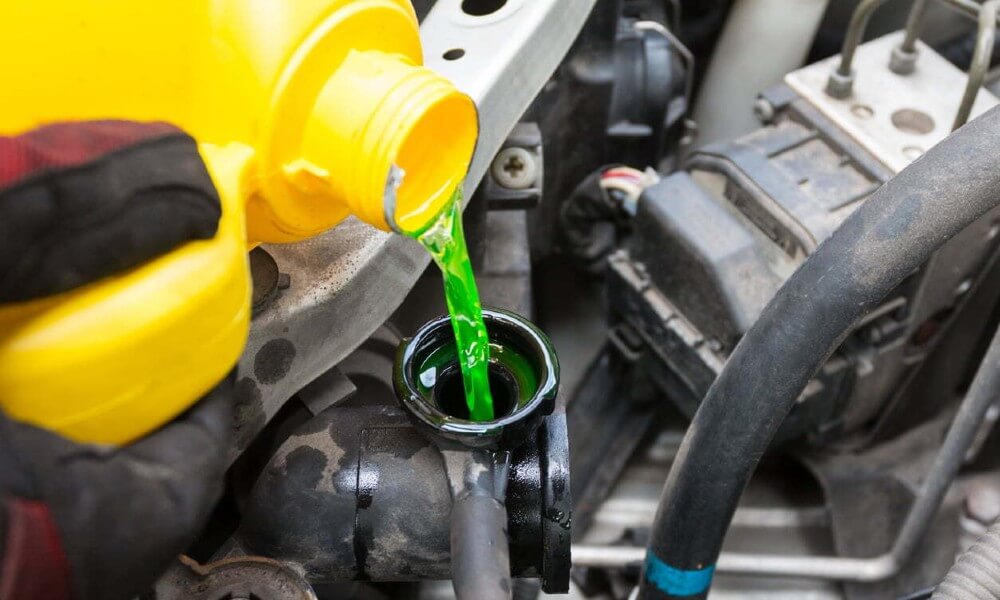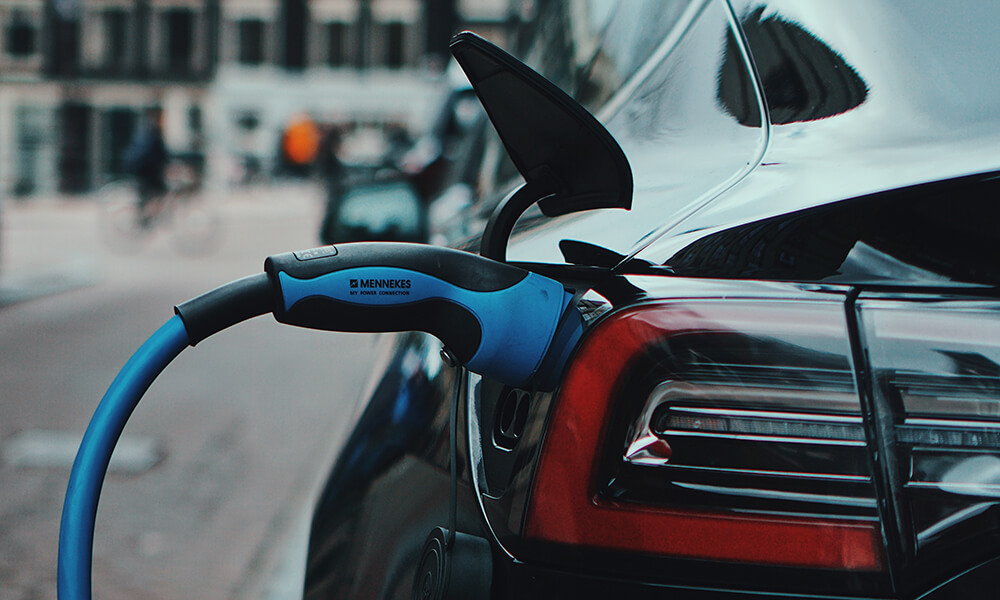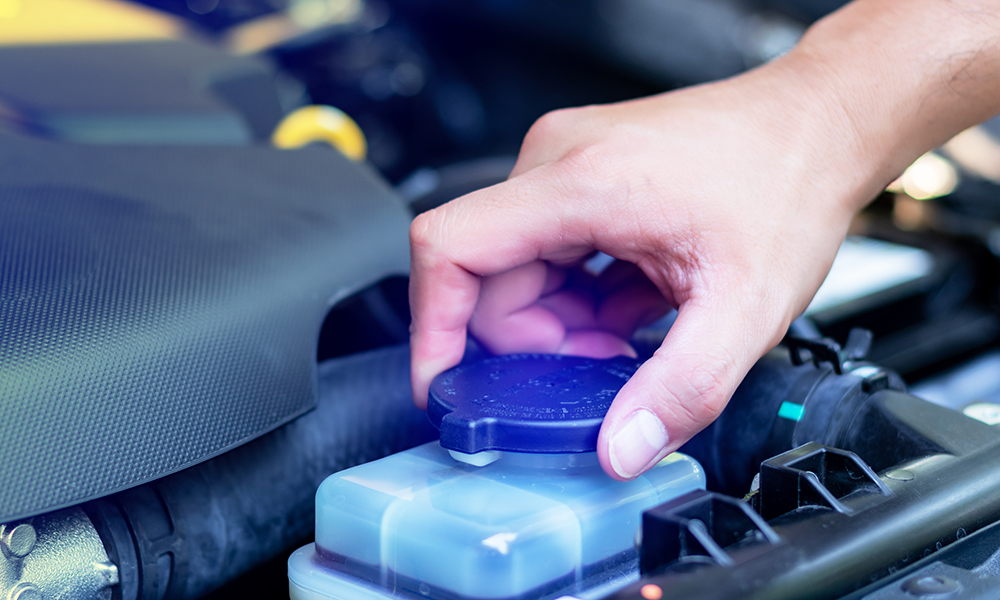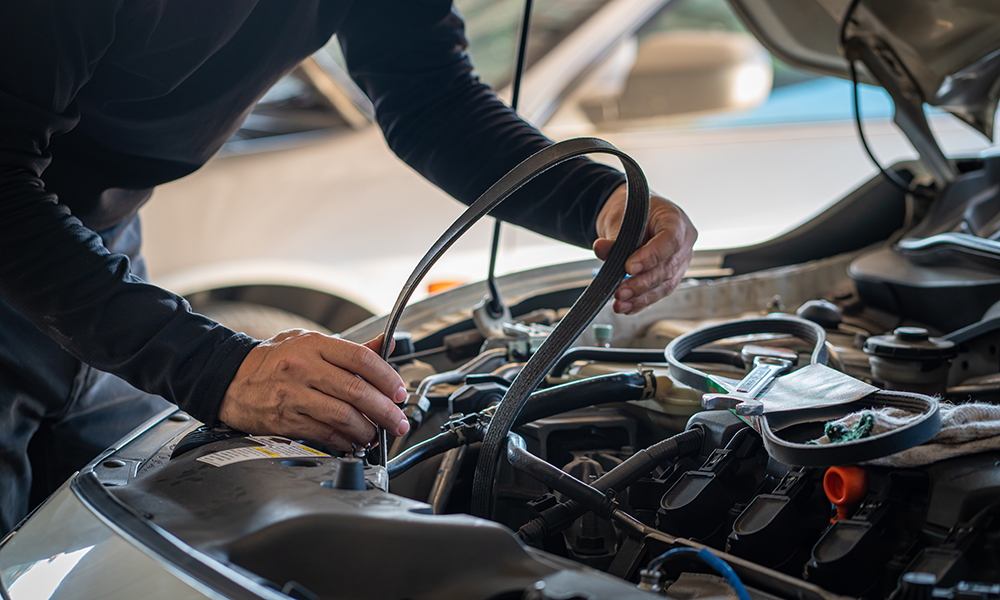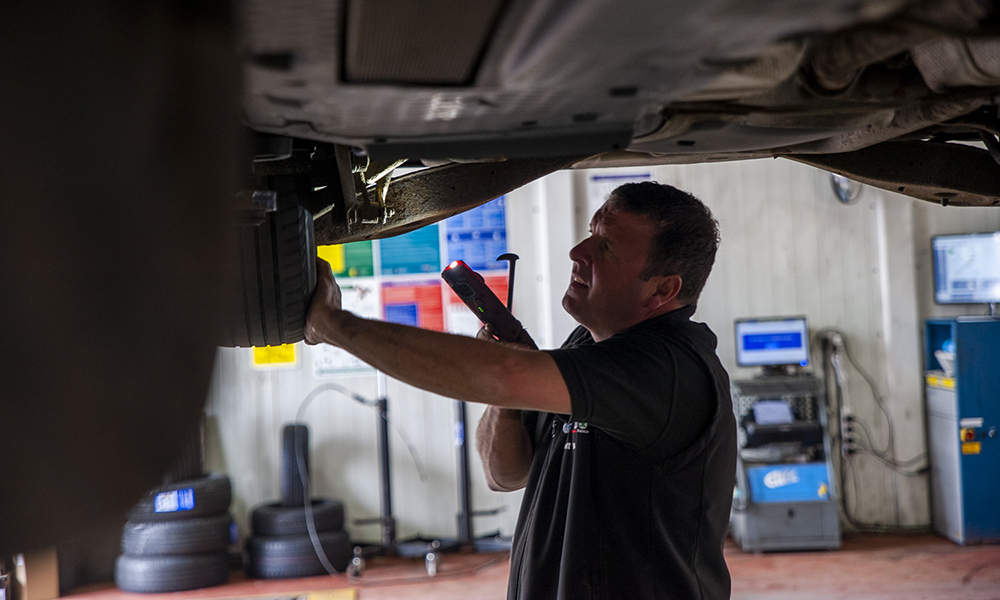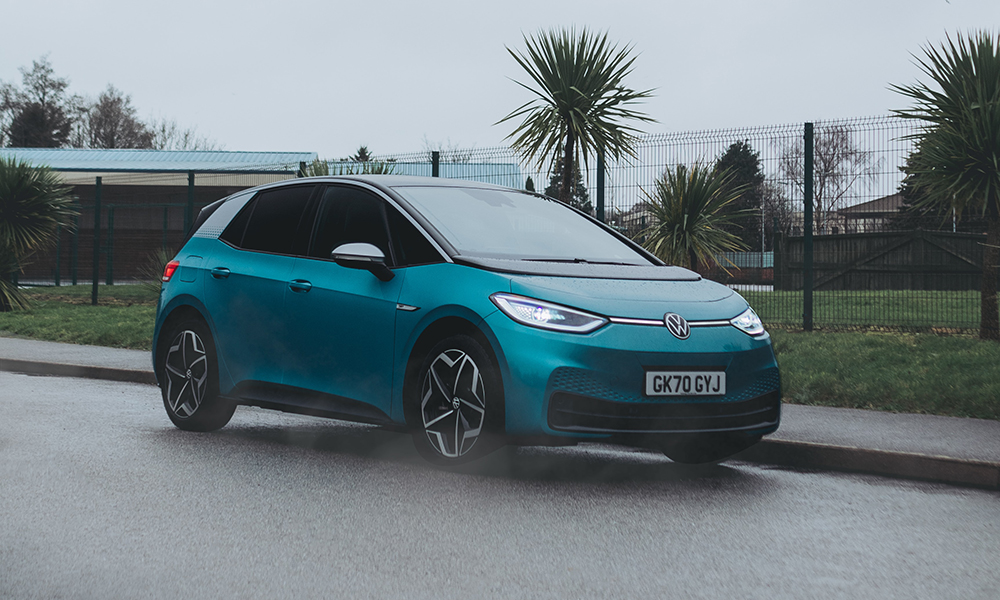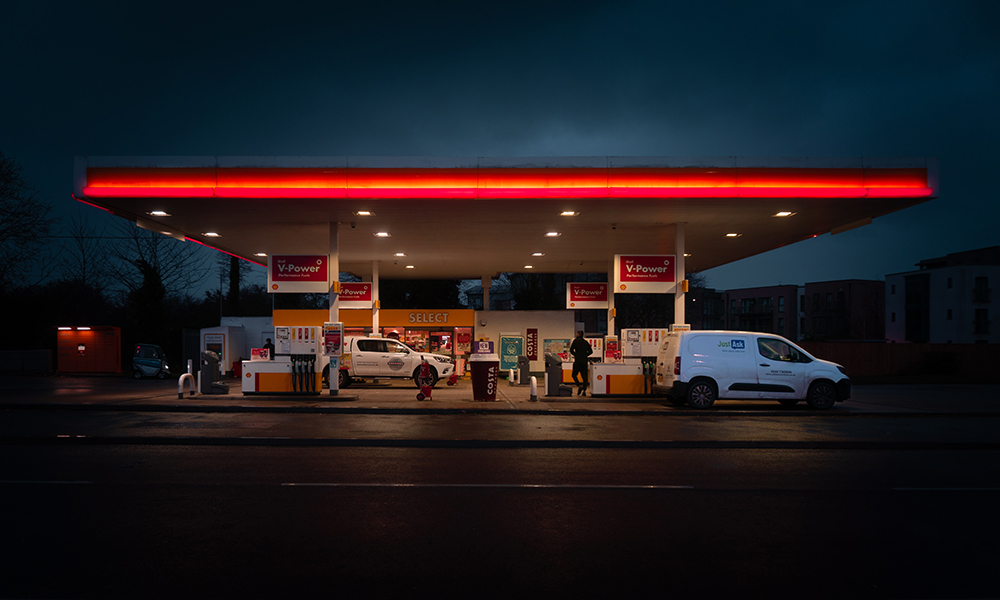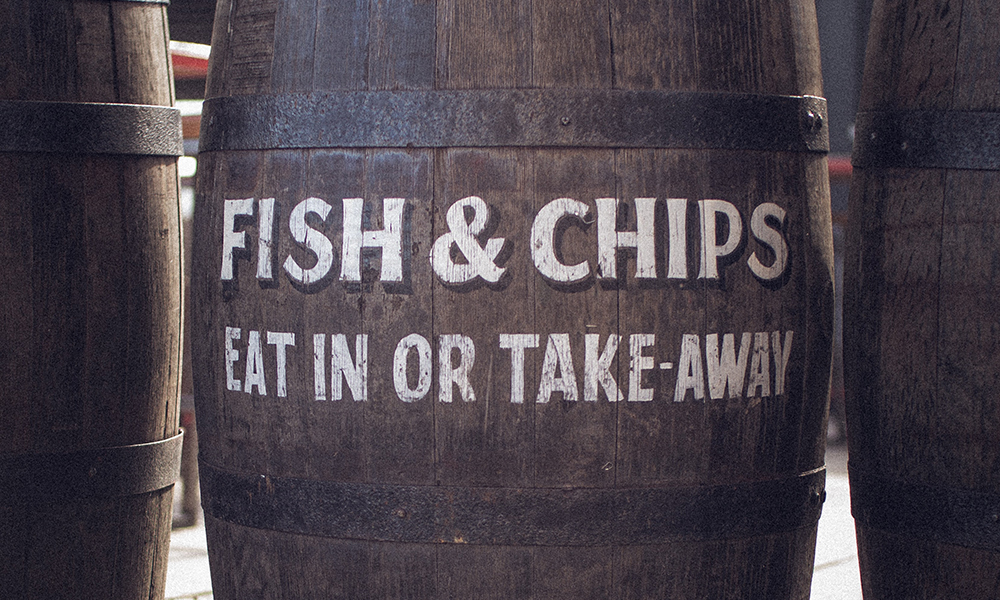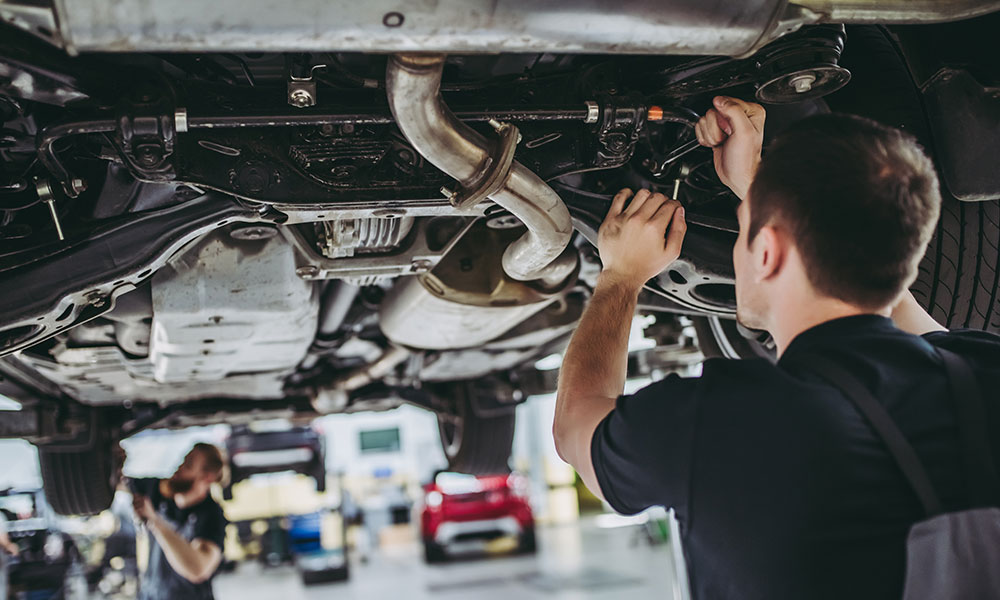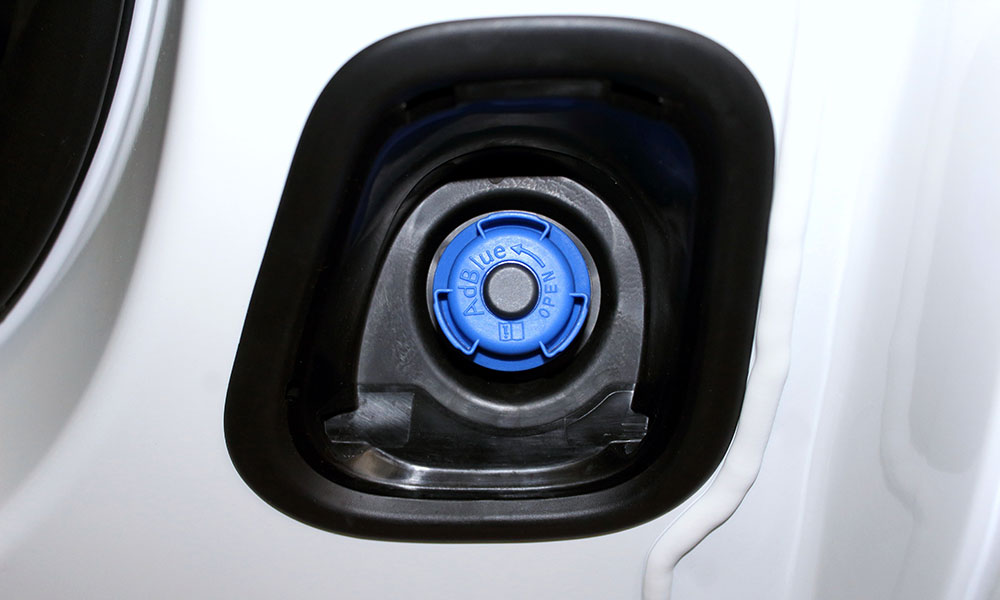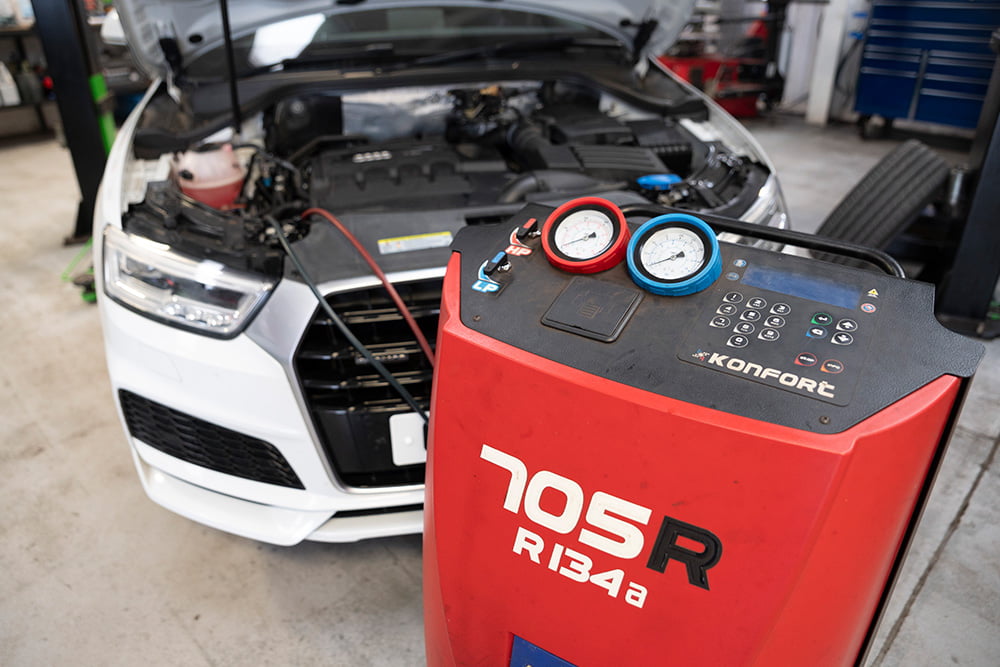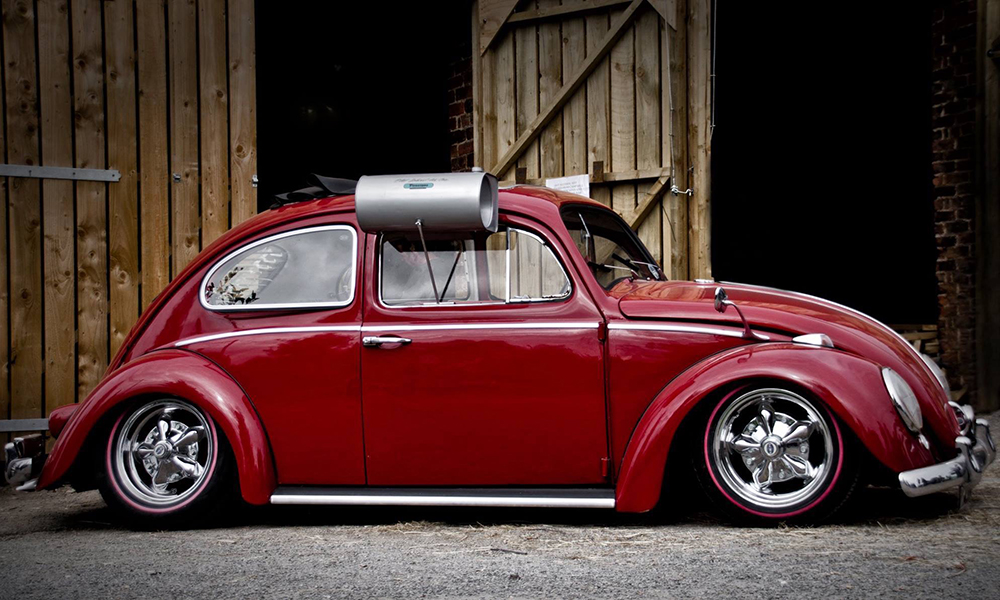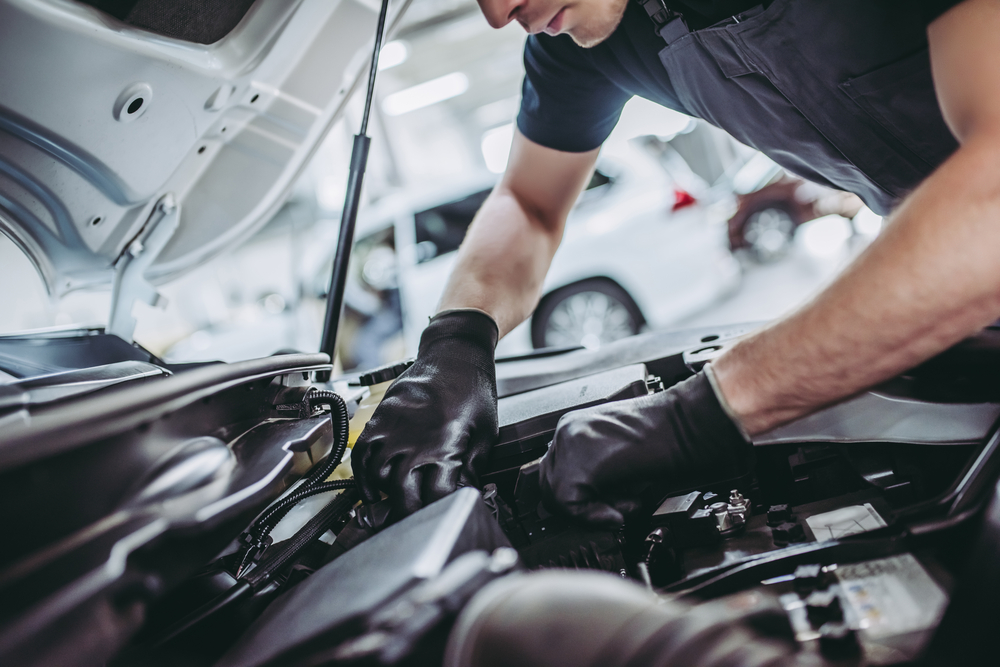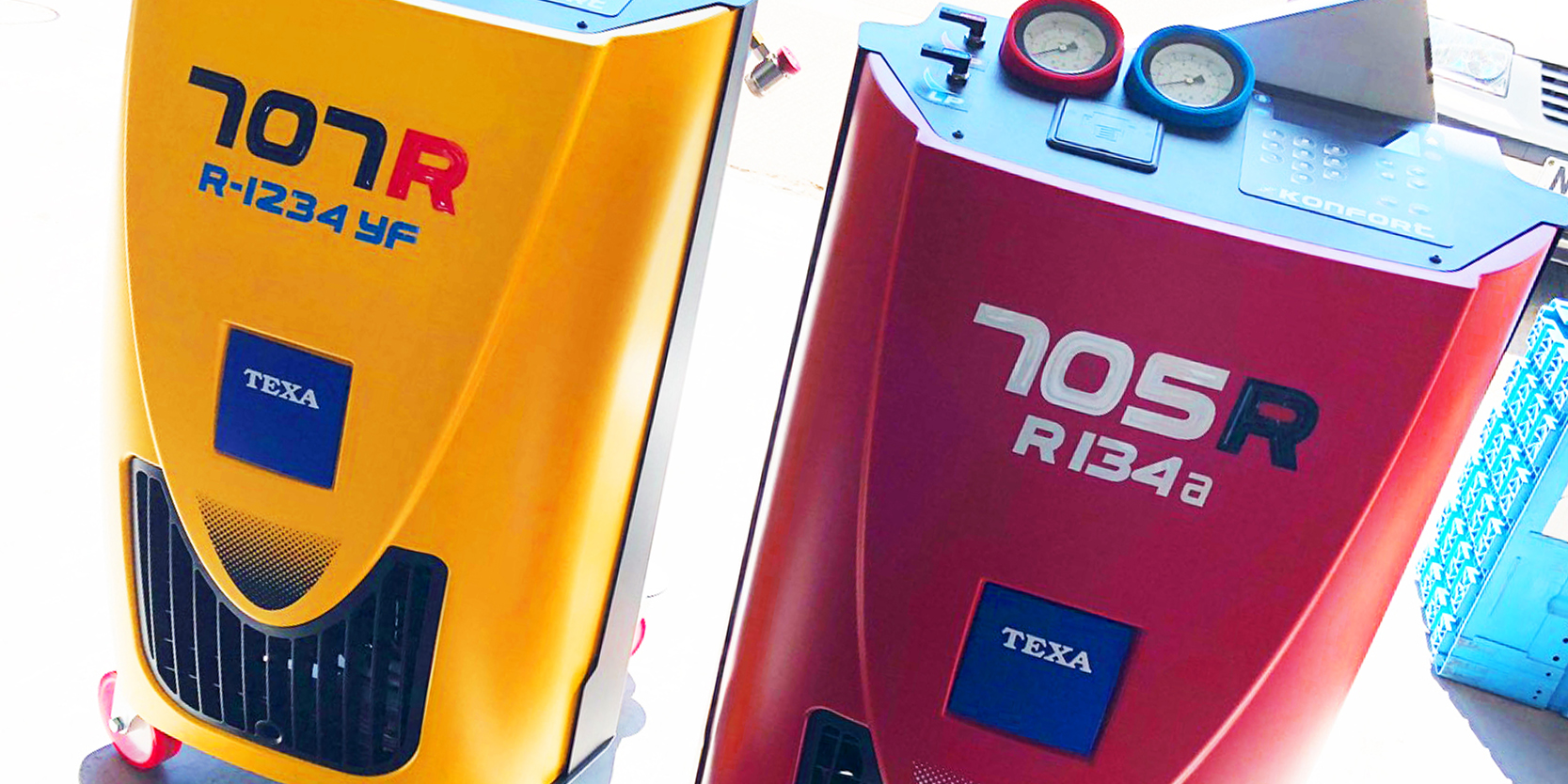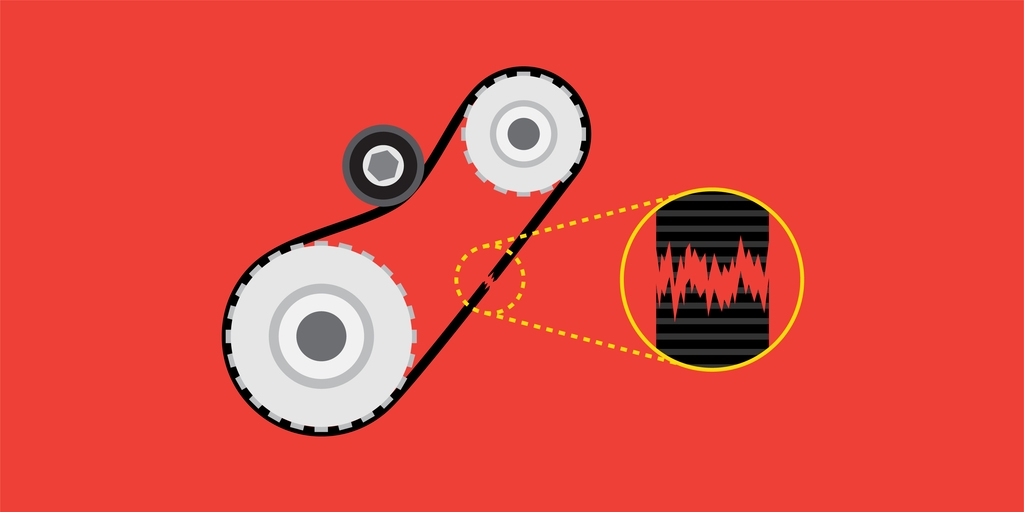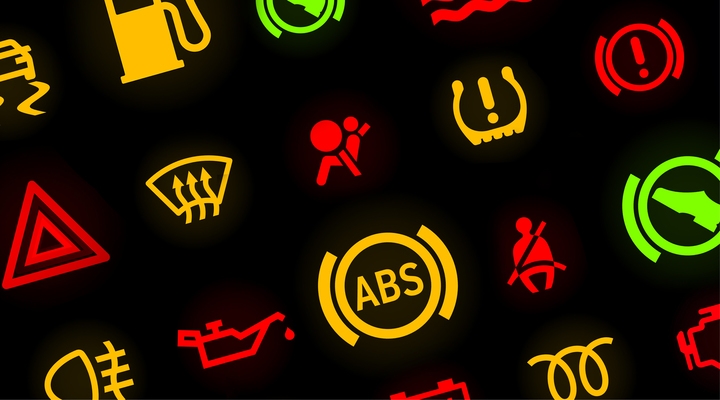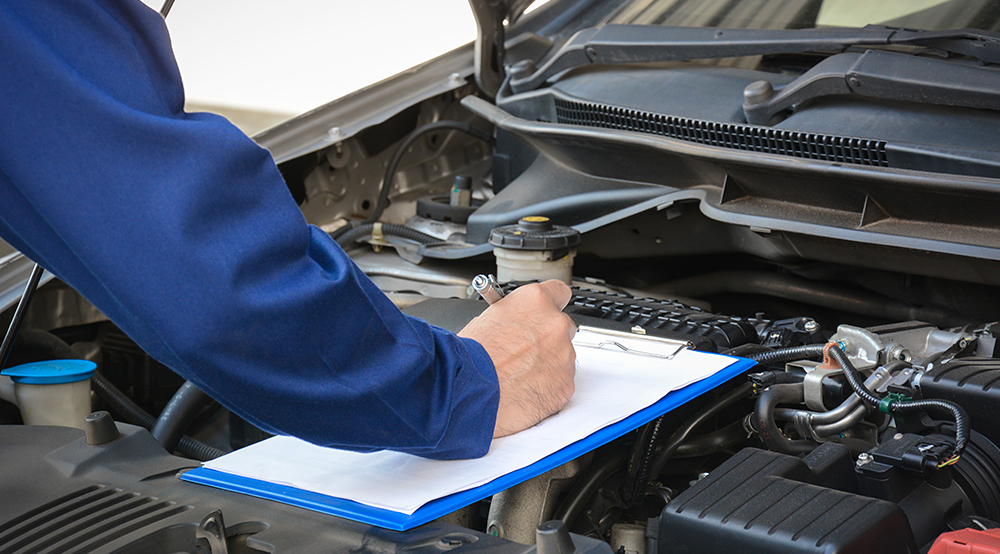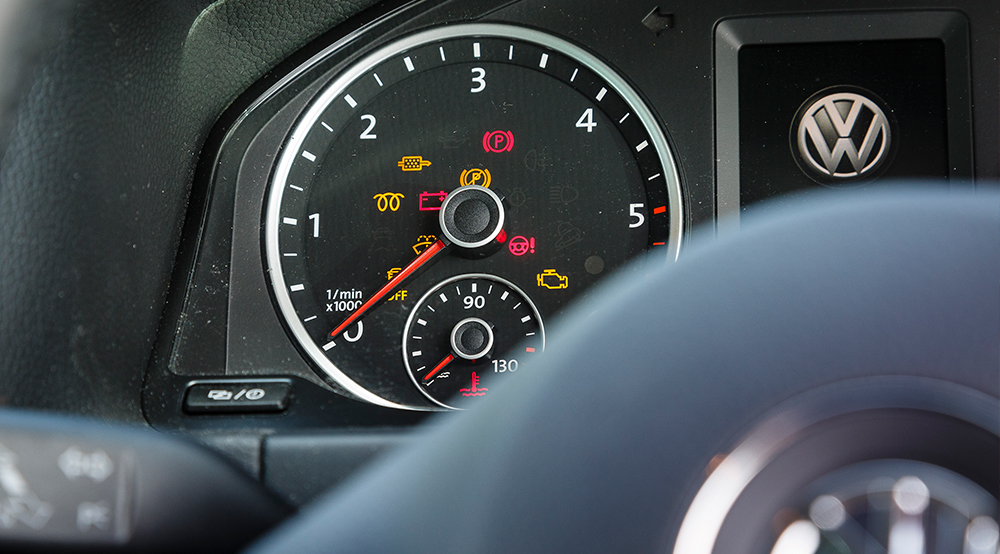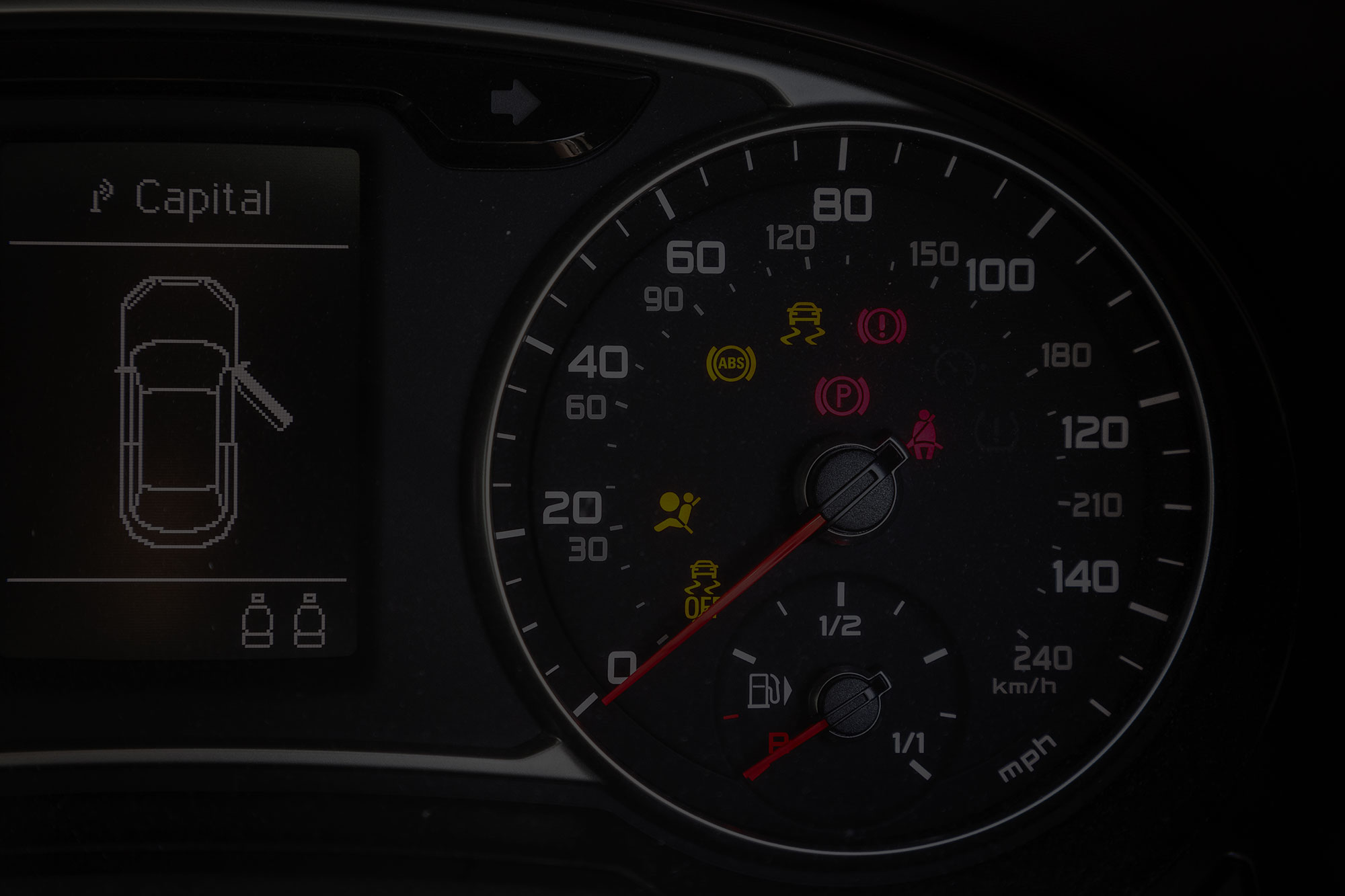Should you be filling up with ‘super’ unleaded fuel?

Found in every fuelling station under a variety of names, super fuels can’t help sounding like a better option; however, is there more to these fuels than an impressive name, or are they just a flash in the pan?
What are the differences between regular and super unleaded fuels?
The main difference between the various fuels are the octane ratings, known as the fuel’s Research Octane Number or RON. If you drive a diesel vehicle, then the “super” fuels will come with a higher cetane rating. Regardless of petrol or diesel, why are high octane or cetane fuels better than those with lower RON’s?
It all has to do with how fuel reacts within the engine while the car is on the move. High-octane fuel is typically more resistant to ignition than lower octane fuel due to the greater compression it requires. With high octane fuel, you lower the risk of your petrol exploding under pressure. Suppose your vehicle has a high-performance engine that compresses fuel more than a typical engine; in that case, higher octane fuel can help prevent any unnecessary damage to your engine from unexpected explosions.
Standard fuels often have octane ratings that sit around 91-94 RON’s, but super fuels tend to have a rating around 98-99. The reasoning behind this is that it should increase efficiency and improve the performance of your vehicle.
Super unleaded fuel, specifically, is a higher octane version of regular unleaded fuel. With standard unleaded offering a rating of roughly 91 RON and super unleaded sitting around the 97-99 mark.
One thing to be aware of is that when you’re choosing your fuel, you should always look at the octane level rather than the name. Often, terms like premium, supreme, ultra and super can be confusing, with no clear indication of which is better.
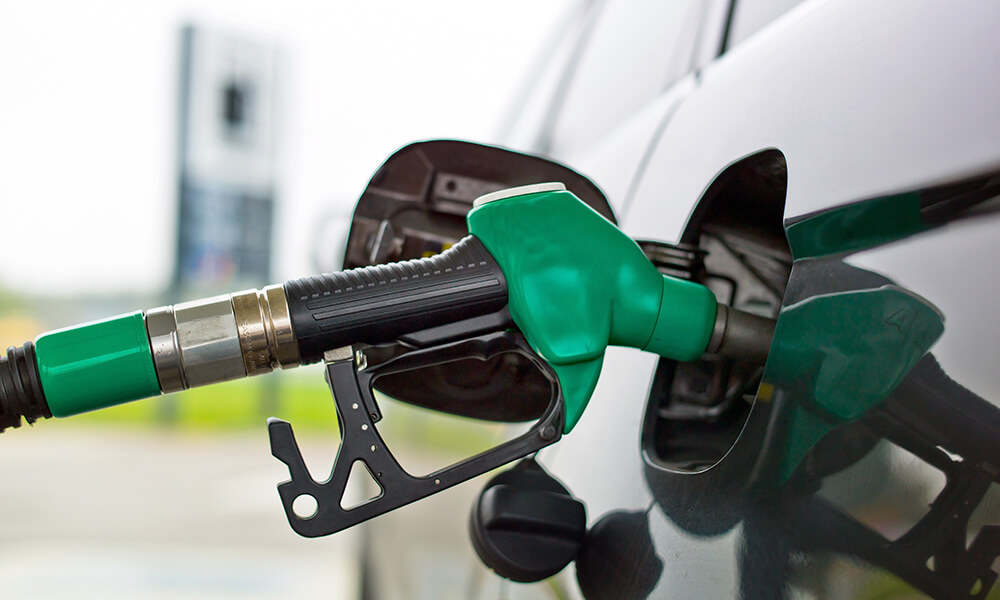
Can my car use high octane fuel?
All cars have to use a specific fuel type; however, some cars are more flexible than others in what they can run on. For example, some vehicles can take E5 and E10 petrol, whereas others can only take E5.
There shouldn’t be any issues if you mix both unleaded and super unleaded, especially if you’re transitioning from one to the other, in which case, some combination of the two is going to be almost inevitable. However, we shouldn’t need to tell you not to mix petrol in diesel tanks and vice versa. Otherwise, you’ll probably be visiting our Teesside garage a little sooner than expected!
Your best bet is to find out the octane rating for your engine so that you don’t find yourself with any unwelcome surprises. Your car handbook should provide you with the relevant information and recommended octane, and similarly, you might be able to see the information on the casing around your fuel cap.
Is premium fuel actually better for your engine?
Naturally, the manufacturers of premium fuels will insist that their fuels can significantly improve your engine, either in performance or even the cleanliness of your engine’s insides. In reality, some cars run more efficiently on standard unleaded fuel, whereas others do better with high octane fuels like super unleaded. Again, it’s best to check your handbook to see what’s best for your vehicle; if you need help finding this, pop into our Teesside car garage, where we should be able to help you locate it.
If you want to use fuel with a higher octane than recommended, there’s likely to be no issues yet no clear benefits either. Alternatively, if you’re using a lower octane than is recommended, there’s an increased risk of damaging your car in the long term.
If you’re fueling a high-performance car, you might find it’s recommended that you use a high octane fuel to get the most out of your engine and to keep it running for as long as possible.
Is premium fuel worth the extra cost?
It’s no surprise that premium fuel costs more than everyday fuel, but is it worth the added cost? When filling up a full tank of fuel, the difference between the two in terms of price is quite stark, and the value is considered debatable even amongst the staff here at Vasstech’s Teesside garage.
If you’re driving a car with a small to medium engine, the improvements are negligible; the only difference you’ll notice is the rise in your fuel expenses. However, some high octane fuels can indeed clean the inside of your engine, improving what may be an already old machine and upping the efficiency of an engine that’s previously only run on unleaded for years. Running a tank of high octane fuel could be helpful every once in a while if treated as a form of maintenance for your car’s engine.
That being said, if you do have a high-performance sports car, it may require high octane fuel as standard to get the best out of the engine, improving the performance, fuel efficiency and engine quality.
If you need advice on which fuel is best for your car and how different octanes would affect your engine, you can contact us here for more information and tips. Alternatively, you can pop into our garage in Teesside to see us.



